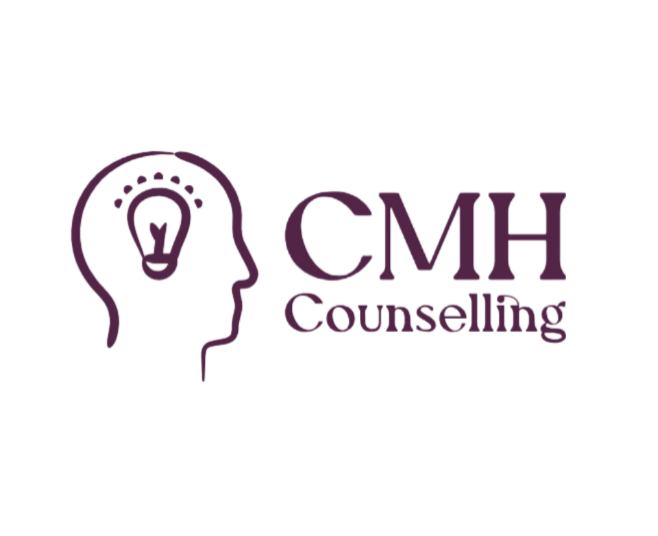Counselling for Depression
How can counselling and psychotherapy help with depression?
Depression is a common and mental health condition that many of us will experience as some point in our lives. A trained therapist will work in partnership with a client to explore components of an individuals life. For example, the therapist may explore aspects of a clients behaviour or thinking which can then help to develop individual insight into mental health.
Some people may have experiences in life that they have found difficult to process, however they may be unaware of the impact some experiences have. Counselling can help individuals to identify and work through complex and overwhelming situations or circumstances.
A therapist might also help an individual identify behavioural components of your life that further perpetuate low mood and lack of motivation. By meeting a therapist weekly you will learn skills to track and monitor how your behaviour impacts your mood. You may work with your therapist to set yourself behavioural goals and targets to increase your mood; this can be referred to as behavioural activation.
During therapy you will also work to understand how your thinking might be impacting your mood and motivations. by working with a therapist you can begin to challenge and shape your thoughts in day to day life. You will learn skills that adapt your thought process and in-turn lead to a greater well-being, increased mood and a sense of self.

